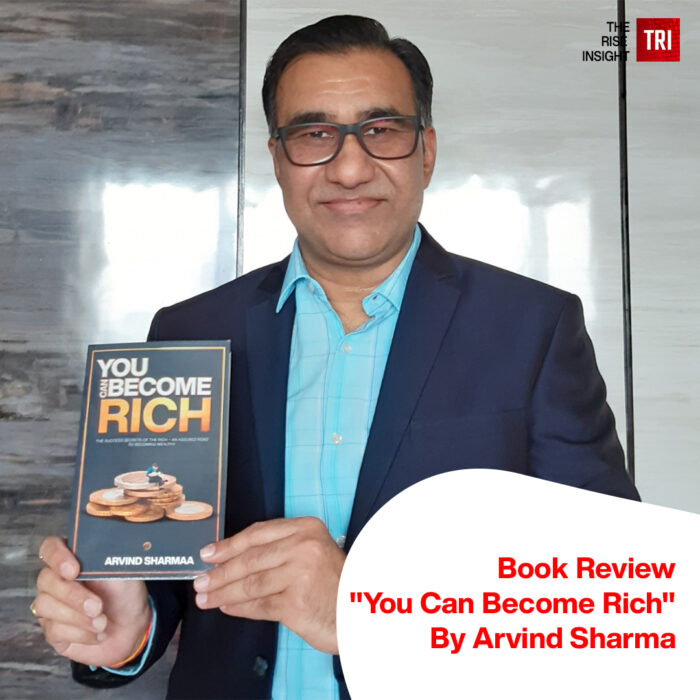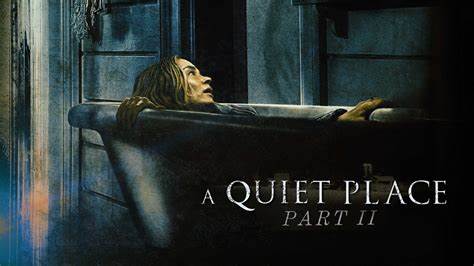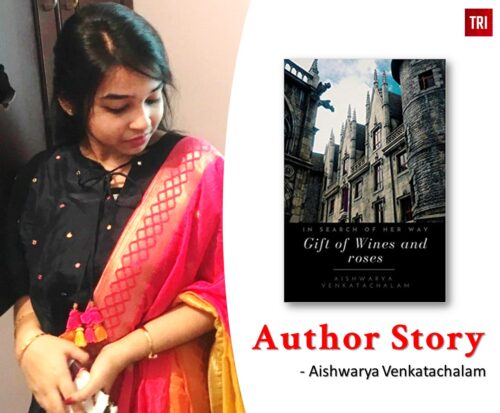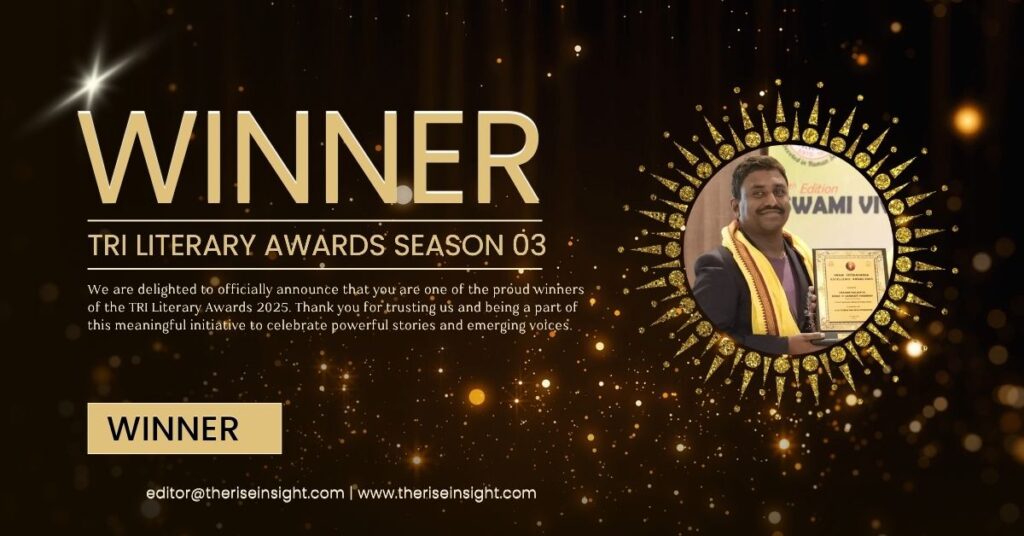
With immense joy and admiration, I extend my deepest congratulations to Rakhya Ranjan Sahoo, the brilliant mind and soulful spirit behind the evocative masterpiece The Heartbeat of Bharat: Unveiling Hidden Cultural Gems, for winning the prestigious TRI Literary Awards Season 03 in 2025. This honor is a powerful testament to the book’s cultural, emotional, and literary depth—and to Sahoo’s unwavering commitment to preserving and celebrating the soul of India.
As a reviewer, reading The Heartbeat of Bharat has been more than an intellectual exercise; it has been a deeply personal, moving, and transformative experience. This book doesn’t merely chronicle Indian culture—it revives it. It doesn’t just inform—it ignites. With every page turned, I found myself reconnecting with the forgotten fragrances, sounds, colors, and wisdom that pulse through the spiritual veins of Bharat.
Table of Contents
ToggleA Journey of Rediscovery
From the very first chapter, it becomes clear that this is not an ordinary book. Rakhya Ranjan Sahoo approaches his subject with reverence and insight, taking the reader on a pilgrimage across India’s cultural landscapes. His writing is infused with passion, but also grounded in rigorous observation. Whether you are familiar with the cultural richness of India or just beginning to explore it, this book meets you with the open arms of a wise friend and guide.
The book is structured in a way that mirrors a journey—both outward and inward. Sahoo takes us from the misty Himalayan monasteries to the coastal traditions of Kerala, from the tribal rituals of Odisha to the folk songs of Rajasthan. But even more significantly, he journeys inward—to the soul of a nation often lost amid globalization, digitalization, and homogenization.
He writes not just to preserve, but to awaken.
Unveiling the Forgotten
What struck me most as a reviewer is how The Heartbeat of Bharat does not dwell on the popular or well-documented aspects of Indian culture. Instead, it consciously seeks out the forgotten, the fading, and the underappreciated. For instance:
- A chapter on lost art forms of Madhubani, Pattachitra, and Warli not only introduces their aesthetics but also delves into the lives of the artists who struggle to keep them alive.
- An exploration of regional festivals—from lesser-known tribal celebrations to agrarian harvest rituals—reminds us how deeply spirituality and nature are intertwined in Indian life.
- Sahoo lovingly details oral histories and folklore that are passed down through generations—not as myth, but as living memory.
In doing so, he reclaims space for the marginalized voices and traditions of India—those that are often pushed aside in mainstream narratives of culture. He helps readers realize that Bharat is not only the sum of its classical monuments and scriptures, but also of the everyday customs, songs, smells, and ceremonies that live on in remote villages and bustling towns alike.
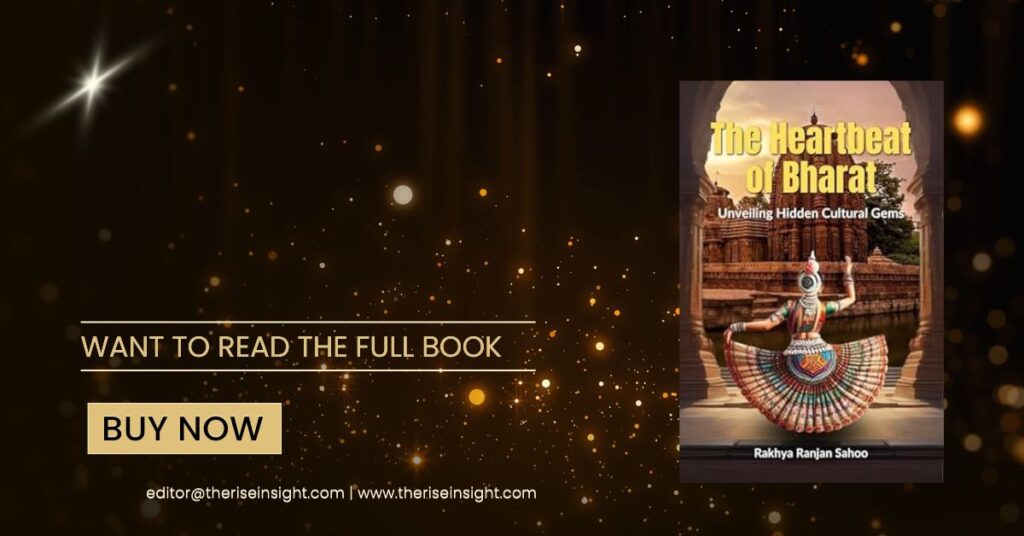
A Voice Rooted in Experience
Another reason this book resonates so powerfully is that Rakhya Ranjan Sahoo writes from lived experience. His background—growing up amid hardship, immersed in India’s spiritual and traditional ethos—gives his voice both authenticity and emotional gravity. This is not a tourist’s view of culture; it is the view of a seeker, a witness, a lover of the land.
He does not shy away from addressing the cultural crises of the modern age: the disintegration of joint families, the influence of Western media, the commercialization of festivals, and the growing disconnect between youth and their roots. Yet he writes without bitterness. His tone is one of gentle urgency—a plea to remember, to protect, and to participate.
A Call to the Youth
One of the book’s most powerful aspects is its appeal to the younger generation. At a time when many youth feel culturally adrift or pressured to adopt a Westernized identity, The Heartbeat of Bharat offers a profound counter-narrative: that heritage is not a burden—it’s a birthright.
Sahoo encourages youth to view their culture not as something outdated, but as something empowering. Through vibrant storytelling and reflections, he reframes ancient customs as sources of mental well-being, social cohesion, and spiritual grounding. He reclaims words like ‘tradition’, ‘ritual’, and ‘dharma’, stripping them of the dust of misinterpretation and presenting them as living, breathing concepts.
For students, young professionals, and even NRIs seeking identity in a fractured world, this book becomes both compass and anchor.
Literary Elegance and Emotional Depth
Stylistically, Sahoo’s prose is warm, evocative, and poetic without being pretentious. He has a rare ability to balance scholarly insight with emotional resonance. The language flows like a river—sometimes gentle, sometimes intense, always purposeful.
His descriptions of cultural practices are not dry academic commentaries, but intimate narratives. He paints vivid scenes: the flicker of a diya in a rural home, the chants of a temple priest at dawn, the laughter of children during a folk play, the rhythmic pounding of tribal drums under a monsoon sky.
Each chapter is not just an exploration—it is an offering.
A Book That Lives Beyond Its Pages
After finishing The Heartbeat of Bharat, I didn’t simply feel informed—I felt changed. I looked at my surroundings with new eyes. I thought of my grandmother’s lullabies, of the forgotten corners of local temples, of village fairs I once took for granted. That, in my opinion, is the highest achievement a book can accomplish: to revive dormant memory and inspire present action.
This book is not merely read—it is felt. It stays with you long after the last page, whispering reminders of who you are, where you come from, and what you owe to the generations before and after you.
Certainly! Below is the feedback from each of the nine reviewers after reading The Heartbeat of Bharat: Unveiling Hidden Cultural Gems by Rakhya Ranjan Sahoo:
1. Prashant Sahu
“Reading this book was like taking a soulful pilgrimage across India’s cultural veins. Rakhya Ranjan Sahoo’s storytelling is deeply immersive—he doesn’t just document traditions, he breathes life into them. Every page felt like rediscovering a part of my own identity that I had neglected.”
2. Sameer Gudhate
“What struck me the most is the author’s sincerity and devotion to India’s heritage. It’s not just a book—it’s a mission. Sahoo’s vision of uniting a fragmented society through cultural awareness is timely and urgent. I was deeply moved and intellectually engaged.”
3. Apeksha Gupta
“This is a rare book that blends emotion, scholarship, and national spirit seamlessly. The way it brings out hidden gems from regional India is remarkable. I found myself underlining passages, researching traditions, and sharing insights with friends—it’s that impactful.”
4. Akansha Sinha
“Sahoo has captured the essence of Bharat with remarkable depth and grace. His empathy towards dying traditions and the people who carry them is palpable. It made me reflect on how modernization shouldn’t come at the cost of cultural erasure.”
5. Glenville Ashby
“As a cultural critic and global reader, I was amazed at how accessible and universal this book is despite being rooted in Indian traditions. Sahoo’s exploration of India’s intangible heritage offers profound lessons for a world grappling with identity loss.”
6. Pooja Sahu
“I felt emotionally connected throughout the book. The author doesn’t romanticize the past—he presents it with realism and reverence. His emphasis on youth engagement is something we desperately need. This book is not just history, it’s a call to action.”
7. Versha Singh
“The Heartbeat of Bharat is a beautifully written and passionately researched ode to India’s diverse cultural soul. As someone who comes from a rural background, I could relate to so many narratives. It made me proud, nostalgic, and hopeful all at once.”
8. Shivangi Yadav
“Rakhya Ranjan Sahoo has given us a cultural treasure. This book reminded me of the stories my grandparents used to tell. It rekindled my curiosity for my own roots. It’s an important work that every Indian, especially the younger generation, should read.”
9. Kavita Kaushik
“This isn’t just a book—it’s a revival movement in literary form. The writing is rich, the content is deeply rooted, and the impact is lasting. I was particularly touched by the chapters on oral traditions and regional festivals. Truly a work of love and legacy.”
Final Thoughts: A Modern Classic
In a time when cultural identity is often reduced to surface-level symbols or political rhetoric, Rakhya Ranjan Sahoo’s The Heartbeat of Bharat stands tall as a genuine, soulful, and deeply necessary contribution to contemporary Indian literature.
It is a modern classic—a book that will be quoted, studied, and passed down, not just for its literary merit but for its national significance.
To all readers—young and old, Indian and global—this book offers a chance to reconnect with the vibrant mosaic that is India. It asks us not to worship culture as a relic, but to live it, protect it, and carry it forward.
Once again, congratulations to Rakhya Ranjan Sahoo on this well-deserved victory at the TRI Literary Awards 2025. May this recognition inspire many more such literary pilgrimages—and may The Heartbeat of Bharat continue to awaken hearts across the nation and beyond.

